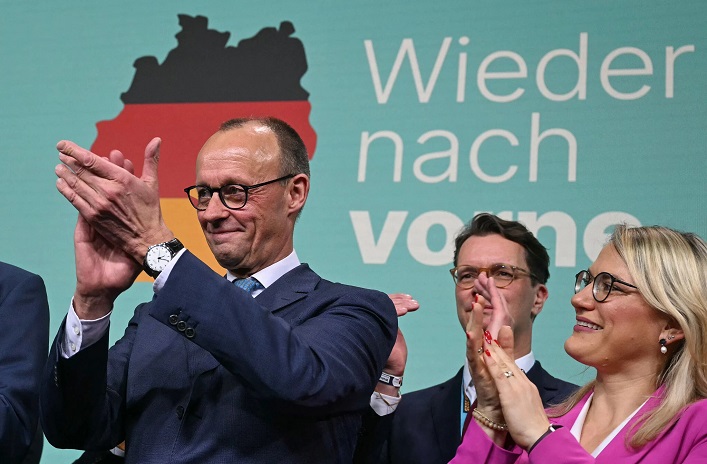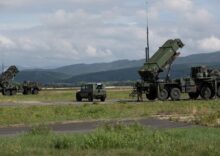Expected German Chancellor Merz’s party has won the Bundestag elections: How will this impact Ukraine?


The Christian Democratic Union (CDU/CSU) bloc secured victory in the early elections to the Bundestag, garnering 28.5% of the vote. CDU leader Friedrich Merz intends to form a new government by April 20. He has also stated that a priority is achieving European independence from the US in defense matters.
Merz proposes the creation of a new European defense alliance to replace NATO, which would include nuclear cooperation with France and the UK. The coalition that Merz will attempt to assemble could adopt a much stronger stance on providing Ukrainian support and enhancing European security than Germany has managed in recent years.
However, Merz may encounter significant challenges in increasing defense spending and military aid to Ukraine due to Germany’s debt brake, which restricts government borrowing to maintain a structural deficit at 0.35% of GDP. The far-right (AfD) and far-left (Die Linke) parties have secured enough seats to block any changes to this rule. Experts contend that without changes to the debt brake or the establishment of a special fund, Germany will be unable to finance essential investment in infrastructure and defense.







